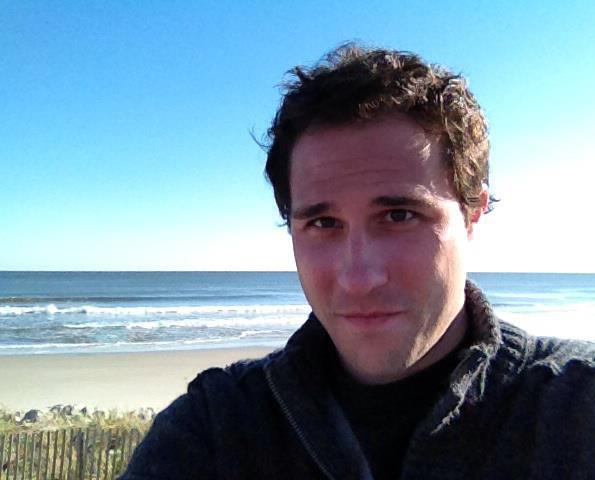About
My name is Gregory Grimes, and I am a professor of Theology at Villanova University, specialising in the engagement between philosophy and theology. Having pursued my post-graduate studies at the Katholieke Universiteit Leuven in Belgium, I am happy to be back at Villanova, where I completed my undergraduate studies.
The goal here is periodically sharing some reflections on themes pertaining to philosophy, theology, film, music, literature, and other contemporary cultural engagements, with a view toward provoking thought, as we mutually journey on in the pursuit of wisdom.
Traditionally, the highest goal of human existence is the attainment of wisdom—a graced sense of understanding proceeding from relationship to God. Culture is the milieu of that human existence. Indeed, our species, homo sapiens, the wise person, is the first to cultivate, which of course is the origin of culture. Yet, at times and from certain perspectives today, it can seem as though wisdom is very foreign to contemporary culture, perhaps even exiled. For St. Thomas Aquinas, wisdom was the highest virtue, or the one from which all other virtues flowed. Now, talk of virtues (as opposed to amorphous ‘values’) has become almost as uncommon as the authentic pursuit of wisdom. Even in philosophy, the field or discipline supposedly dedicated to the love of wisdom, many contemporary practitioners have all but abandoned the pursuit of wisdom for the activity of warning against the pursuit of wisdom, for fear of it presuming false wisdom. Sophia is in some ways made to seem more like the whore of Babylon than the sacred Lady Wisdom. Perhaps some of this has to do with philosophy becoming a career, as opposed to an entire way of life, striving for authenticity. This is to say nothing of how the preference for transferable job skills over wisdom has nearly infiltrated and overhauled the whole ethos of ‘the university’ and education itself.
For St. Augustine and many following in his tradition, wisdom means being able to recognise that God communicates to humanity God’s intentions for how humans should live, and then how to listen to the created world and discern what is being communicated. In many ways, culture is our transmutation of what we hear into the actions of human life. God tells us how to use the world, how to have a flourishing existence so that we can share in the happiness God intends for us in loving us into being. The refinement of this listening, and other tools for discernment, and the skill at carrying this out in concrete actions are the work of a lifetime and require ceaseless vigilance. This is a rather daunting prospect, in a way.
Nevertheless, these reflections are something of an indication of my efforts in trying to hear God in the world, in culture, in those around us; trying to make sense of the cultural climate in all its varied manifestations; and they do so with the humble hope of perhaps sparking some wonder… thaumazein as the Greeks called it… the most elemental beginning of thought, as the window unto the horizon of wisdom.

